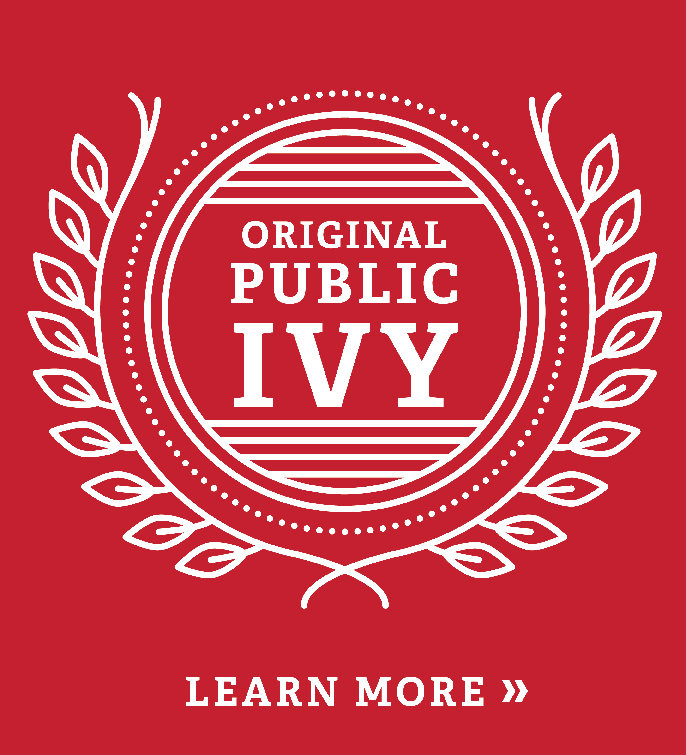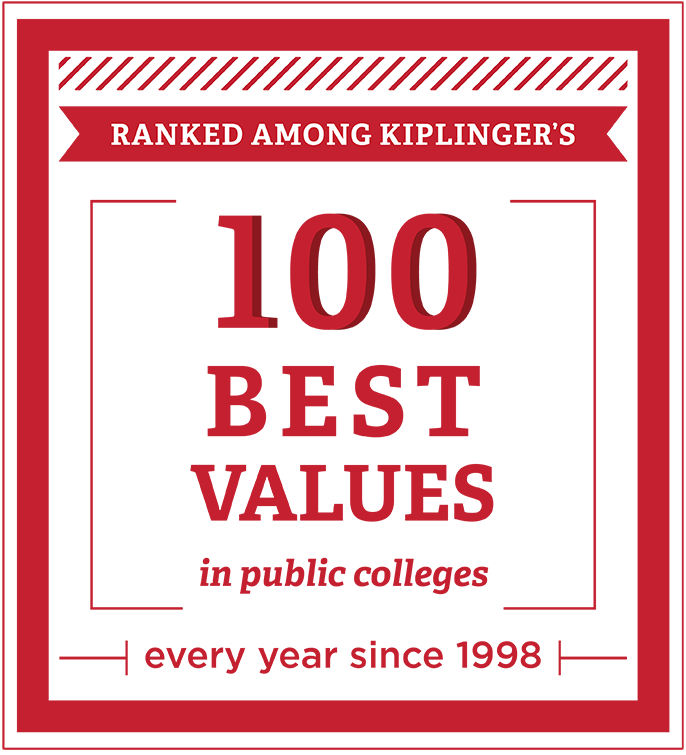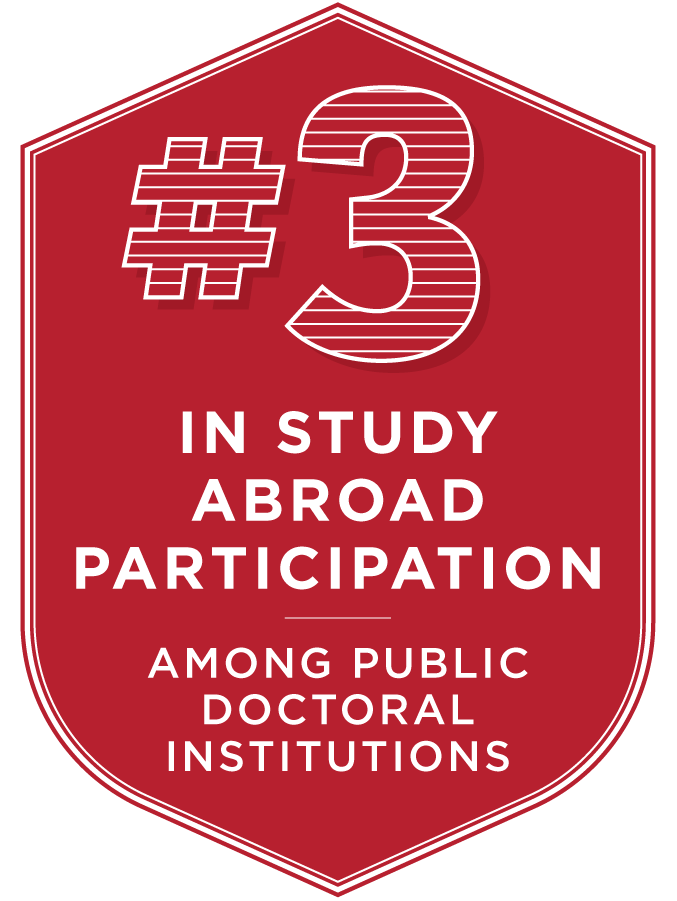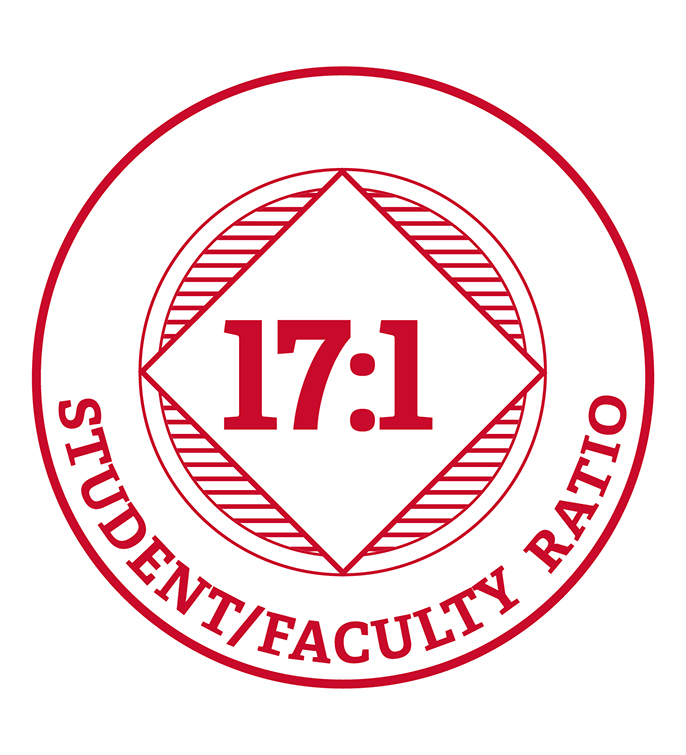Annual Address 2015
David C. Hodge
September 9, 2015
Knowledge
In 1854, Louis Pasteur offered a most fundamental observation, “Chance only favors the mind that is prepared,” which we have popularly shortened to “chance favors the prepared mind.” This phrase highlights the fact that most creative insights and innovations do not come from a vacuum, they most often occur because we are able to connect disparate ideas or see a phenomenon with a different point of view. In other words, the more we know, the more likely we are to be creative—assuming that we do not let conventional thinking and our voice of judgment inhibit us. The quality of applying depth and breadth of knowledge to connect seemingly disparate ideas in meaningful ways aligns exceptionally well with the tenets of a liberal education.
In a recent article, Jamie Holmes captured the importance of knowledge beautifully:
The larger the island of knowledge grows, the longer the shoreline — where knowledge meets ignorance — extends. The more we know, the more we can ask. Questions don’t give way to answers so much as the two proliferate together. Answers breed questions. Curiosity isn’t merely a static disposition but rather a passion of the mind that is ceaselessly earned and nurtured.
I love this quote because it unites many of the themes we have already discussed with the importance of knowledge. The deeper and broader the knowledge we have, the more capability we have to experience that spark of inspiration, that moment of connection, that deeper insight that propels us forward.
Steve Jobs understood the concept of knowledge breadth exceptionally well. When introducing the iPad 2 in 2011 he observed, “It is in Apple’s DNA that technology alone is not enough—it’s technology married with liberal arts, married with the humanities, that yields us the results that make our heart sing.” And, I would add, creativity and innovation flourish!
At Miami, we encourage this breadth and depth of thinking through the Global Miami Plan. Most significantly, the plan encourages not only broad, deep knowledge, it provides the opportunity for students to see the world through different lenses, setting the stage for creative thinking. It is not only what we know but how many different ways we know it that leads to the most supportive foundation for creative thinking and innovative results.
We also encourage our students to study abroad, recognizing the transformative effect that such an experience has. A study in 2009 showed that students who had lived abroad were significantly more likely to solve a difficult creativity problem. As described by Jonah Lehrer (2012, p. 129) in his book Imagination: How Creativity Works, “the experience of another culture endows the traveler with a valuable open-mindedness, making it easier for him or her to realize that a single thing can have multiple meanings.”
Clearly, our deep commitment to the liberal arts as a foundation for learning and our commitment to studying abroad position us well to stimulate creativity and innovation. How can we improve on what we are already doing? Given the centrality of Miami Plan courses to a liberal education, are we doing all we can to make them attractive and relevant to non-majors, recognizing that most of these courses have a dual purpose in serving both majors and non-majors? Could we focus even more on introducing non-majors to the habits of mind that shape a field so that they are even more conscious of deliberately attacking a question from multiple perspectives? Similarly, can we shape the study abroad experience to include more reflection on how cultures tend to think differently? And on campus, can we better engage our international students in our courses as an incredible resource for seeing the world through different perspectives? This is the power of diversity in all its forms, but to reap fully the benefits, we must embrace diversity with enthusiasm and intention.







